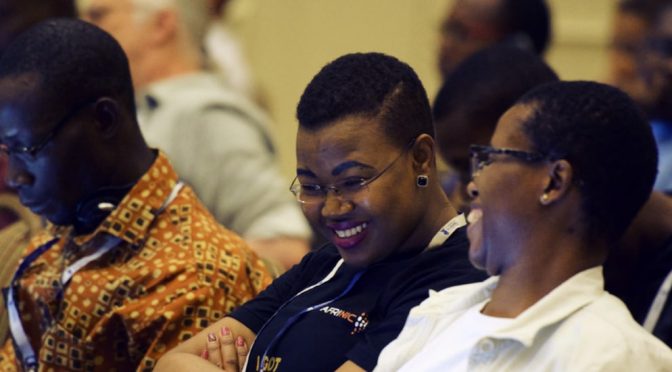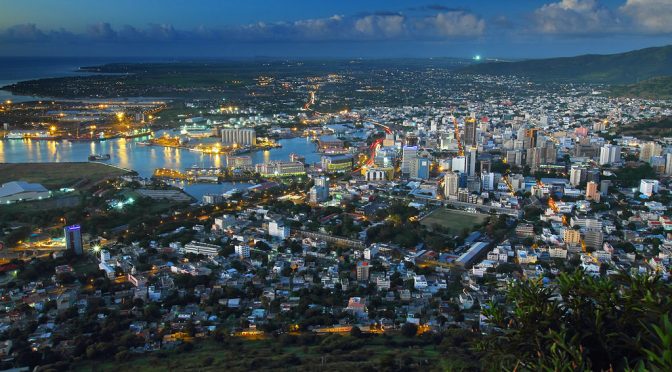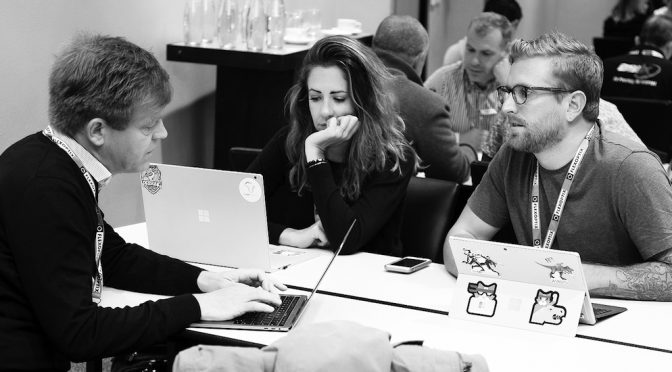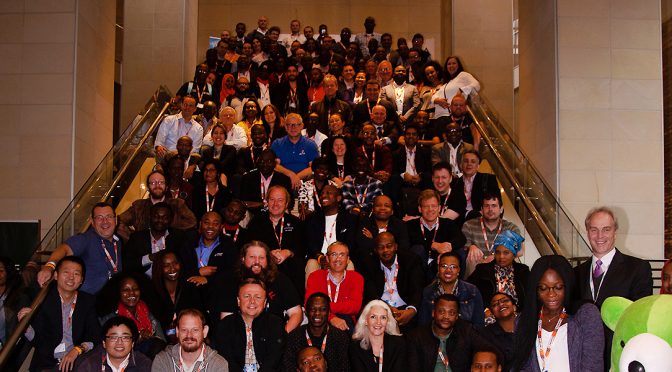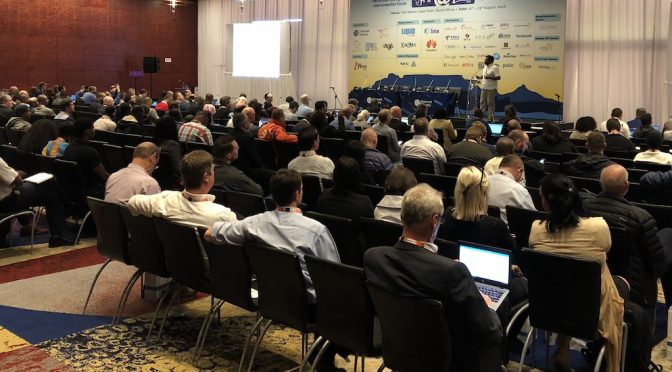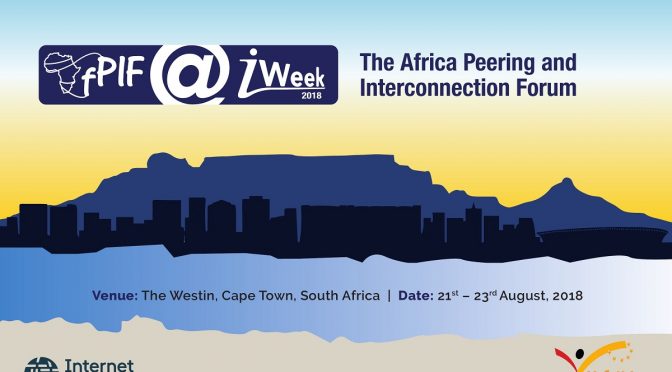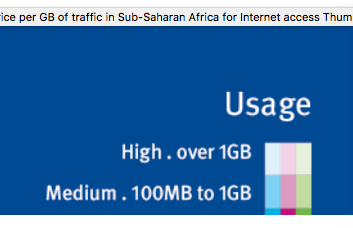Africa’s dream of Cape Town to Cairo fiber connectivity has moved closer, with Liquid Telecom announcing that it has made considerable progress is signing agreements with regulatory authorities and partners within the route.
Liquid Telecom has an ambitious plan of reducing latencies in connectivity between Cape Town and Cairo. Currently, traffic is routed through Europe, with latencies of 209ms, and it will be reduced to 97ms.
In his keynote speech at the Africa Peering and Interconnection Forum (AfPIF), Ben Roberts, Liquid CTO, said that the project will be implemented through existing Liquid infrastructure within different countries, partnership with existing infrastructure providers, and regulators. The project is expected to be done by 2020 and to eventually connect East and West Africa.
Liquid is expecting the African Continental Free Trade Area (AfCFTA) agreement, signed and ratified recently, to drive city-to-city interconnectivity, as more countries look for ways to trade with each other and eventually exchange Internet traffic. The goal to increase intra-Africa broadband traffic.
Roberts projects the infrastructure currently being set up will be highly used by the youth, who have grown up online – through education, social media, and gaming applications. The Internet of Things is expected to grow; currently most of IoT deployments are in South Africa, but it is expected to grow in areas such as health, agriculture, smart cities, transport, and logistics.
Cloud infrastructure, combined with IoT is expected to drive utilities, water, sewerage, health, agriculture, smart cities, transport, and financial services.
Growth in data centers and cloud infrastructure has been key to growth in content and fall in connectivity costs. Most content carriers and distributors depend on the data center growth to determine whether to enter the market or not.
Michele McCann from Teraco presented about the growth of their data center space, highlighting the factors they consider before deciding whether to enter a market. Teraco currently has more that 350 AS numbers represented at their facilities and they are growing every month.
Teraco started with networks building structured cabling between each other and peering, cloud services were built and as power and cooling became more reliable, content providers and distributors, financial, and enterprise markets set up services. One of the smaller South African banks was able to gain significant market ground as it focused on its online strategy instead of the traditional brick and mortar approach.
What trends will drive data center growth? Moving content closer to users is driving CDNs to move into Africa, accelerated migration to the cloud as companies look to reduce capital expenditure, lower connectivity costs, growth in online services, and availability of peering.
Availability of statistics has improved over the years, with Telegeography presenting its data on Africa’s traffic trends and pricing. This year, Africa’s Internet grew by 45% while in Sub Saharan Africa, it grew by 40%, compared to 72% last year.
Telegeography measures international traffic, so if there was an increase in local traffic, it is not likely to reflect on the Telegeography statistics. The goal of AfPIF is for local traffic to be exchanged locally, however, 82% of capacity from Africa is still going through Europe.
It is projected that as latencies fall, more CDNs will be attracted to Africa and in areas like Latin America. CDNs have ended up investing in four submarine cables, as they seek to lower connectivity costs and reach more users.
Watch the Livestream of AfPIF 2018!
